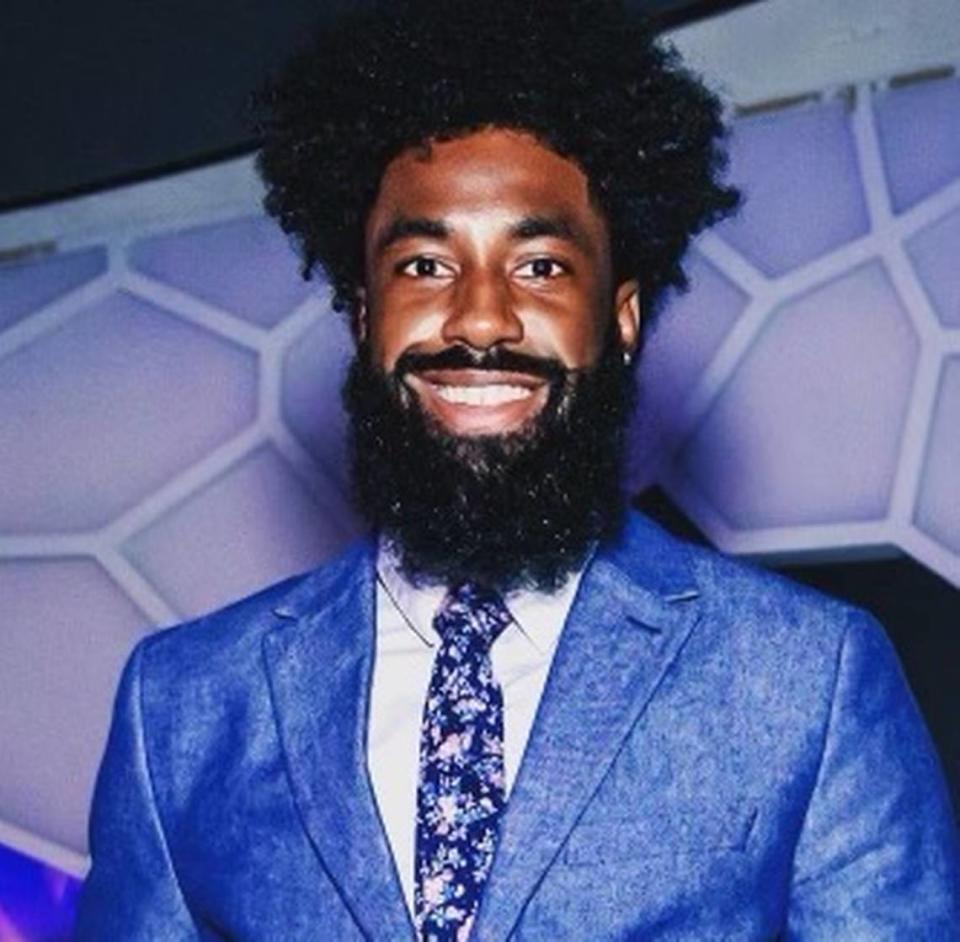Level the playing field in youth sports by eliminating this NC policy | Opinion
Across America, there exists a glaring disparity in access to safe and enriching recreational opportunities for youth.
As a professional athlete from North Carolina, I’ve had the privilege of reflecting on the pivotal role of sports and play in the healthy development of our youth. Play, recreation and leisure are central to youth development. By making sure all children have access to healthy recreation, we set them up to not just survive, but to thrive. And when young people thrive, our communities benefit.

But in North Carolina we have put up barriers that make it impossible for some youth to participate. For example, the North Carolina High School Athletic Associations’ (NCHSAA) felony policy prohibits students who have been convicted of a felony from participating in interscholastic athletics. It must be eliminated. Here’s why:
Play isn’t a mere pastime or luxury reserved for those with more resources; it’s essential for every child’s growth and development. Playing sports allows young people to forge friendships, master their bodies, relieve stress, ignite creativity and hone problem-solving and leadership skills.
Practicing these skills helps them grow to be successful adults, yet not all young people get the same chance to master these milestones. Too often, we restrict opportunities for Black, Latino and Indigenous children to grow up the way other kids do. They and their communities suffer as a result.
Disparate public funding in underserved areas leaves marginalized youth with few spaces to safely engage in the same extracurricular activities their peers do. These areas are also often over-policed, which leads to higher instances of traumatic — if not devastating — encounters between youth and law enforcement. Studies show that young people engage in the same leisure activities across race, culture and socioeconomic class, and yet Black, Latino/a, and Indigenous children are far more likely to be harassed, arrested and even killed as a result of underlying racial biases.
Even more structured activities, like organized sports, are plagued by the same disparities. Youth from lower-income backgrounds have a 16-25% lower participation rate in sports compared to those from middle- and high-income families.
Pay-to-play fees, underfunded school budgets, a lack of diverse coaches, and inadequate facilities and equipment lead to systemic barriers that their wealthier, white counterparts don’t experience. This problem is compounded in North Carolina, where the North Carolina High School Athletic Association (NCHSAA) and the N.C. Middle School Athletic Association have ruled that if any young person is convicted of a felony, they are prohibited from playing school sports.
These inequities deny marginalized youth the physical and mental benefits of playing sports, and limit the learning of lifelong skills like discipline, goal-setting, communication, perseverance, resilience and teamwork.
There are organizations dedicated to addressing this harmful gap in play equity. Collaborating with organizations like the U.S. Play Coalition and the Rise Collaborative can help create evidence-based interventions for marginalized youth that support their right to play. The Gault Center, a nonprofit dedicated to defending youth rights, recently hosted their National Youth Defender Leadership Summit in Charlotte to share their expertise in decriminalizing play and advocating for play, recreation and leisure as essential to adolescent development.
Abolishing the NCHSAA’s Felony Policy is an urgent first step. It is also imperative that policymakers re-prioritize public funding to support the schools and municipal spaces offering the opportunity for safe and inclusive recreation.
Schools need adequate funding to offer robust sports programs, facilities and equipment. In North Carolina, we need to recognize that limiting participation in sports deprives those who need it the most and remove that obstacle. Rewriting harmful policies and reallocating funds from policing to programming can forge safer play spaces for our youth and secure a more peaceful and prosperous future for us all.
Brandon Miller is a retired professional soccer player and play equity advocate. He retired from the Charlotte Independence in 2018.

